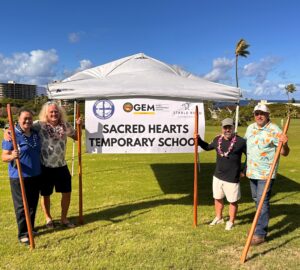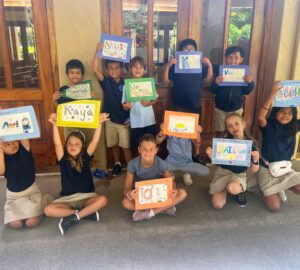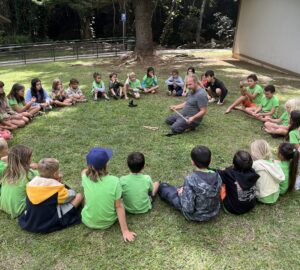By a conservative estimate, there are approximately 15,000-20,000 dyslexics in Hawaii’s schools each year. Unfortunately, many go without the help they need, and worse without being fully understood by a well-meaning society.
I was born dyslexic and will always be dyslexic. By first grade, I was well aware of the fact that I was unable to read as well as my peers, but I didn’t know why. As a result, I developed feelings of inferiority that haunted me for years. 
My grade school life was mediocre. In high school, my biggest obstacle was my attitude and lack of motivation. I was angry and rebellious. I spent lots of time in the dean’s office, who eventually became a mentor and a friend.
Fortunately, throughout school, I had several significant advocates, my mother, grandmother and my dean. Each provided exactly what I needed at important stages in my life. Their unconditional acceptance and sincere belief in me are what got me through school.
I know there are parents dealing with the same anxieties my parents faced. I know that there are kids who will make the same mistakes I made along the way. Most importantly, I know that all kids are deserving of the same unconditional support I had as a child.
Remediation for dyslexia is much easier if it happens during early childhood. Dealing with the psychological impact of a learning challenge is the biggest obstacle to remediation. Healing the wounds, unintentionally inflicted by a society that oftentimes doesn’t understand the dyslexic, can take a lifetime. Unconditional support, guidance and acceptance from significant adults are the keys to nurturing confidence, resilience, and ultimately success.
Paul Singer, Ed.D. is Head of Assets School
The Assets Center for Learning opens on Maui in November. Assets School, based in Honolulu, serves students who learn differently. The center is a one-stop shop to provide access to tutoring, psychologists, educational therapists and training lectures to help students with learning differences as well as their families and teachers who interact with them. Financial assistance is offered to help children from low-income families. For more information visit: www.assets-school.net.



